How to Help
Membership
Membership is essential to support our work and building community.
Annual Membership dues are a sliding scale of $5–$20
You can send e-transfer to linc@lasqueti.ca
Please include in a note indicating “Membership”.
or via mail to:
LINC,
General Delivery
Lasqueti Island, BC
V0R 2J0
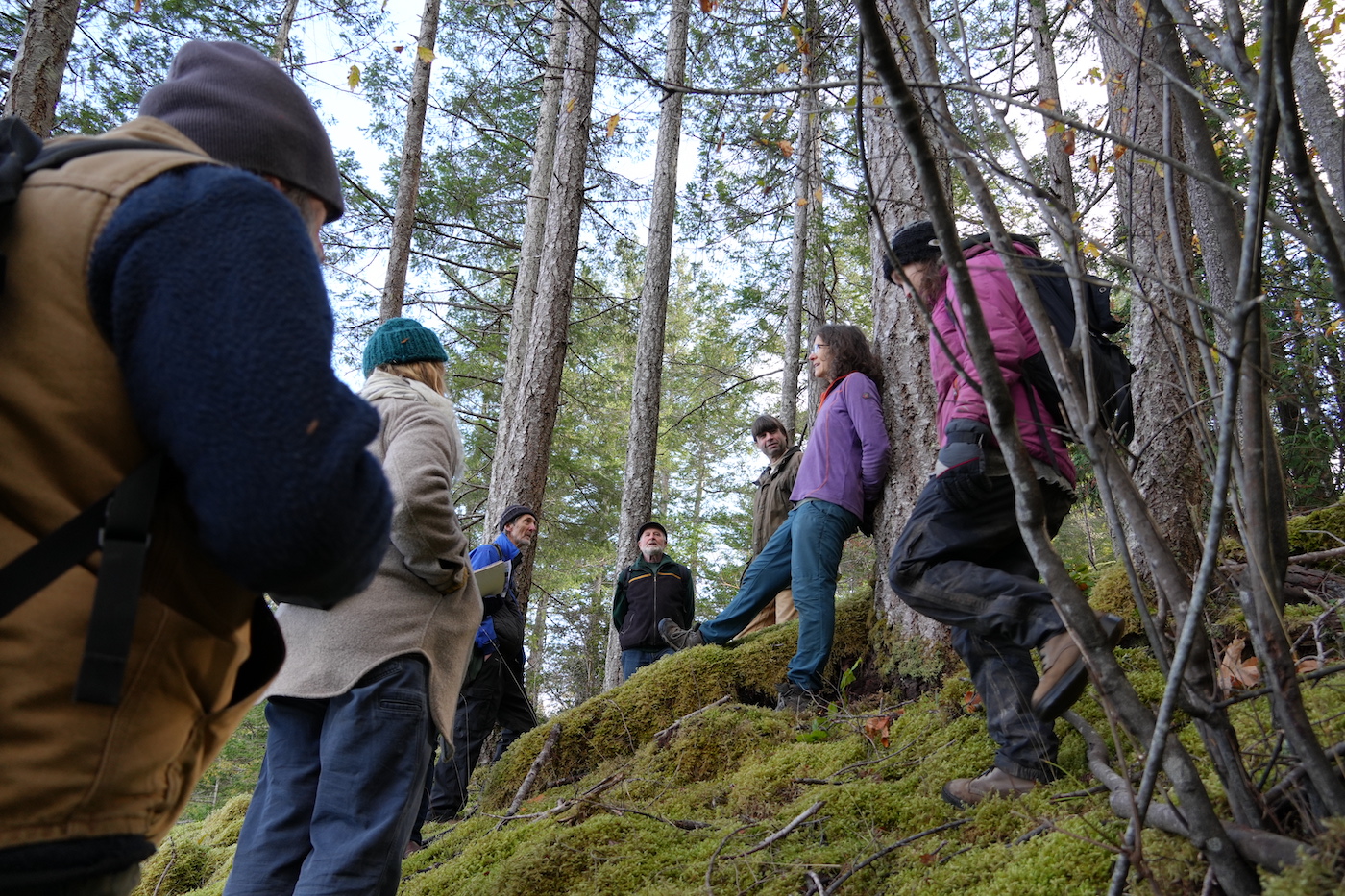
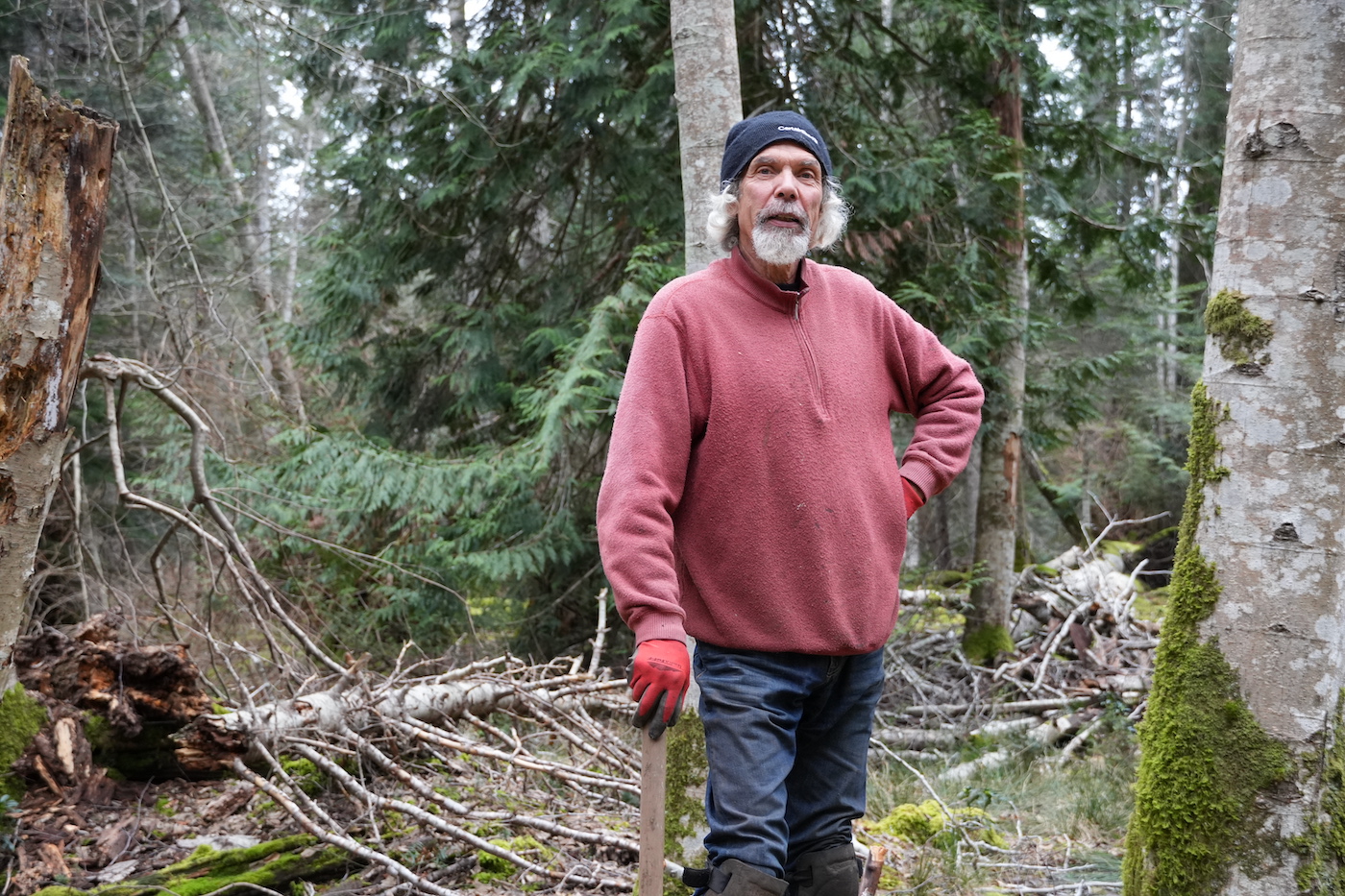
Volunteer
LINC is built, grows and thrives because of volunteers.
Many people, including our Board of Directors, volunteer to ensure our stewardship, work and events are succesful.
If you’re interested in volunteering, please contact us.
Please describe how you might be interested in helping with. If you have special skills, please include a note about them. If you are only available part of the year, please include that information as well.
We look forward to hearing from you!
Donate
LINC is a non-profit, charitable land trust that relies on membership and donations to support our conservation and stewardship programs
Your donation helps our communications, education, outreach and operational costs.
Donations also support the costs of acquiring and managing lands that we purchase and protect.
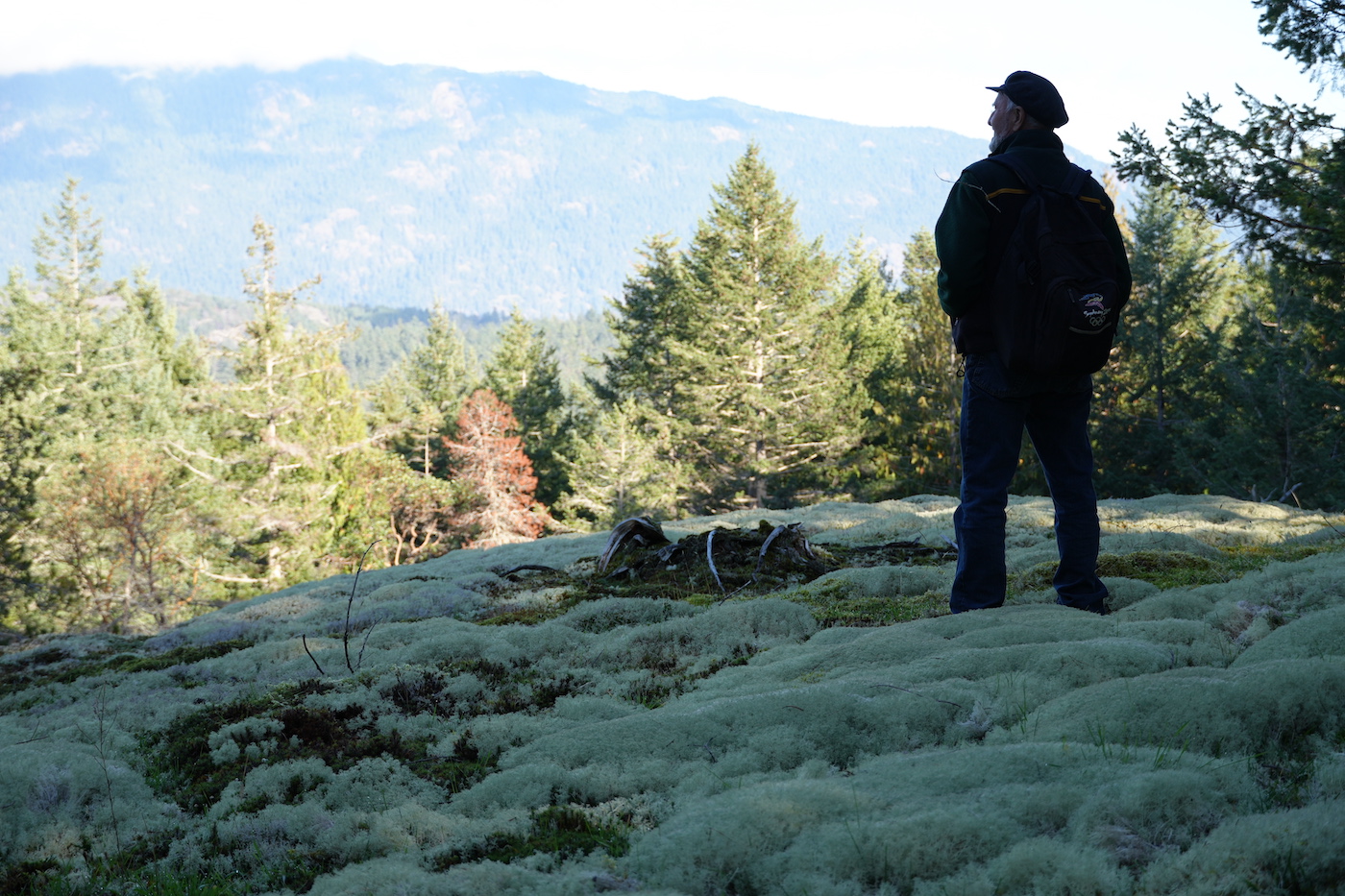
Conservation Options
Leave a Legacy
Some land owners want to protect a part or all of their land’s natural or cultural features so that it remains intact for future generations. Other people may want to protect a particular area, ensuring privacy from neighbours or sorting out the future use of a property now shared by members of an expanding family or community group. Others may see conservation as a way to resolve property or income tax challenges.
Whatever your motivations are, protecting a part of your land will create a legacy. You will preserve biodiversity, wildlife and other ecological services – such as clean water, clean air, and carbon sinks while providing a public benefit that will last well into the future.
Landowner Stewardship Program
For Property Owners and Realtors
Contact LINC to arrange for a site visit if you wish to learn specific information about your property and gather wisdom, advice and recommendations for stewardship and best practices.
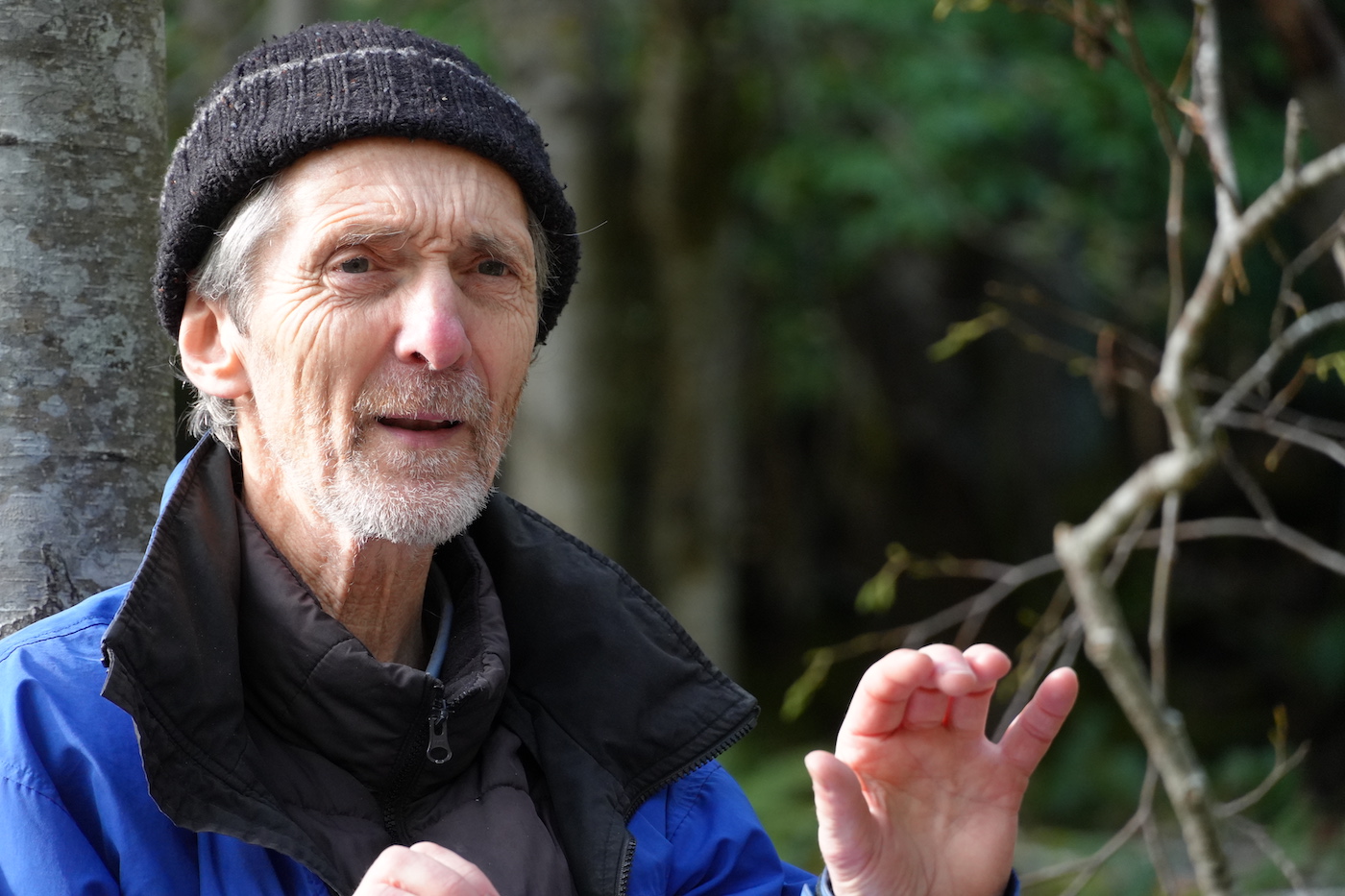
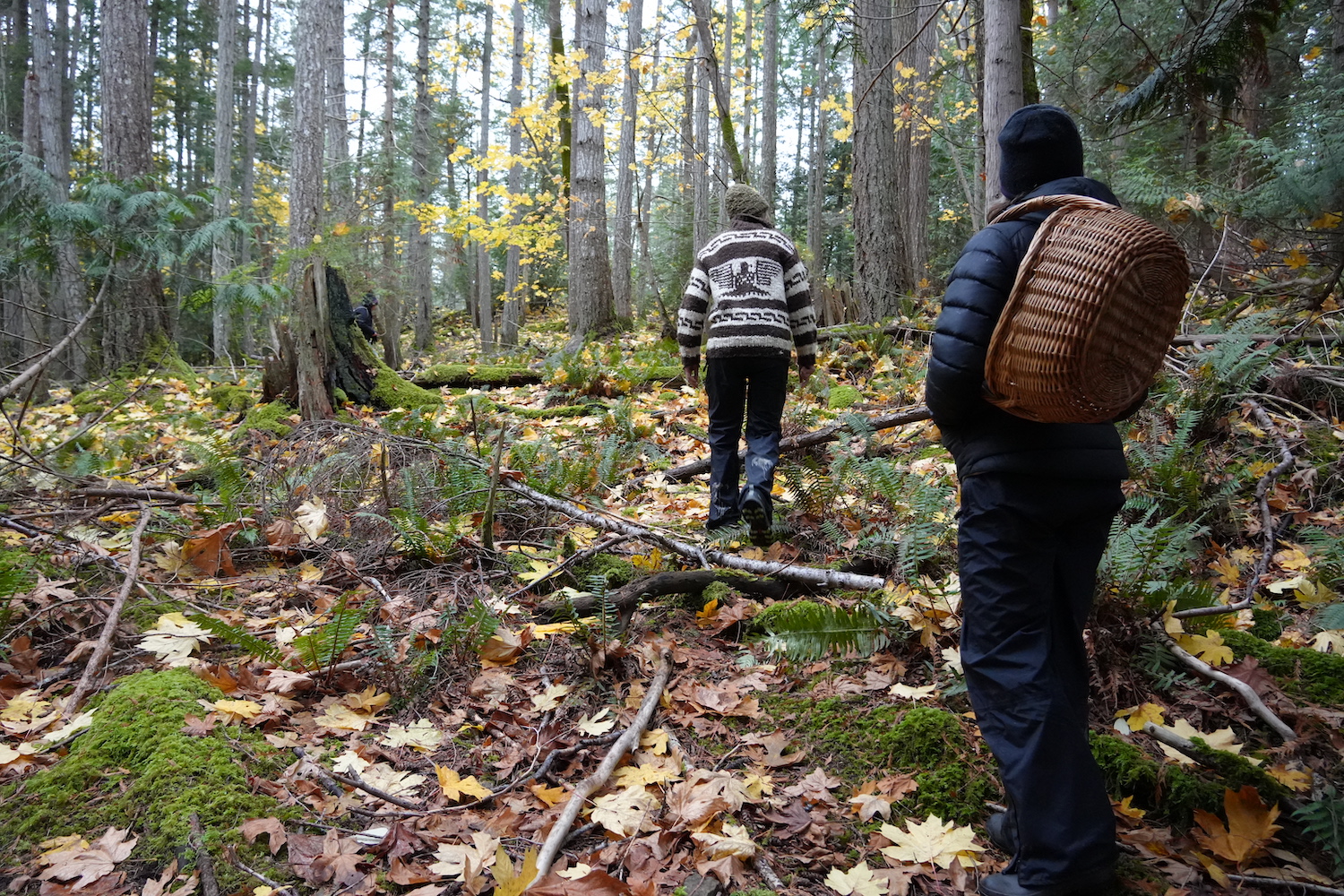
Be a Good Steward
Being a good steward of natural areas is one of the most effective ways of protecting biodiversity and mitigating and adapting to climate change.
Biodiversity is essential for our survival. Many species we share this island and planet with definitely need our help these days. More than 50% of Canadian wildlife species are currently declining, and they need protected habitat to survive. We can help protect habitat for wildlife and ensure that we have clean and abundant water and air by reducing our own impacts on natural areas.
Everyone can help conserve natural processes on your own land, whether you own or rent, through voluntary stewardship. This means that you are taking care of the biodiversity on your land. For example, you can take actions to protect wetland areas, that may provide a stop over point during a species’ migration or may provide habitat for particular plants or amphibians.
Because we live in the rarest ecozone in BC, the Coastal Douglas-fir (CDF) zone, Lasqueti and surrounding islands are of great conservation concern. Learning about the ecosystems, plants and animals that are native, and those that are invasive or a threat to other species is important to steward or protect land and water.
Protecting as much overstory (tree canopy) and understory (low lying plants and shrubs) as possible is important for both carbon storage and the protection of precious shade and water. This is achieved by keeping as many trees as possible and fencing some areas so that the understory plants can survive and are protected from hungry ungulates.
Many people worry about fire, but most living plants are not a fire hazard – it’s the dead ones that are. Learn about keeping your home and land Fire Smart.
Protect the native species and remove invasive species on your land. Invasive species are a problem when they invade an area, inhibiting native species from surviving. Of course, not all non-native species are invasive! In each issue of our newsletter, we highligh both a native species and an invasive one common to Lasqueti and surrounding islands.
Nature Guides
The Nature Guides page includes a list of resources for gathering knowledge of ecosystems, birds, fish, amphibians
